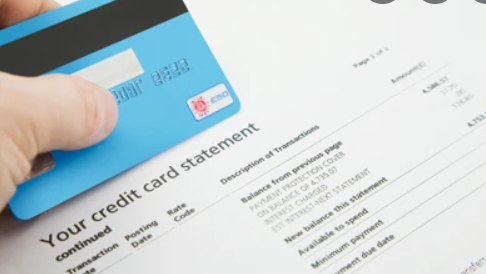Credit Card: Cutoff Date, Minimum Payment, Deadline, Avoid Interest

What is the concept of payment dates and cut-off dates?
This is the most commonly asked question on credit card, especially by new card users.
Surely many of you are confused with the following two terms found on your first credit card statements. But don’t worry after reading this article, you will have better understanding about what these terms are:
- Cutoff date: 10/Feb
- Payment due date: 02/Feb
- Minimum Payment
- Total Payment Due
Cutoff Date
The cutoff date is the day of the month on which the bank will close your account for everything you spent during the previous month.
For example, in this case, on February 10 your new account is opened, everything you spend in the next 30 days will be your debt to be paid in the following month.
It is recommended that you write down all the purchases you make with your credit card after each cut-off date, so you will know exactly what you spend and how much you have to pay. It is best not to spend more than 10% of your income and keep your purchases under that limit.
Payment Due Date
After the bank has made your cut-off, it will give you a deadline for you to pay your debt in full. This is usually 15 to 20 days later. This date is the maximum day you have to pay your account from the previous cutoff. Keep in mind that if you miss this date you could be charged late interest and damage your credit profile. It is recommended that you schedule this date in your calendar so that you don’t miss it.
All the banks give card users two options to pay, the minimum payment and the no-interest payment. So what are these two payments?
Minimum Payment
This is the minimum payment you have to make to cover your credit card expenses, it usually represents accrued interest, card costs (depending on each bank and each credit product) and a small part of your debt. Be careful! If you only pay this, you will not be covering your debt and you could generate more interest than you can control.
Total payment to avoid generating interest
The total payment is the amount of money you spent during your last cutoff period, everything you owe. It is best to cover this amount in full to avoid generating interest on your debt and to maintain a good credit profile.
That is why it is recommended to keep your monthly debt within the limits you can afford, without affecting other expenses such as rent, food and savings. If you can’t pay your debt in full, at least pay more than the minimum to minimize the negative consequences. But always try to pay in full, your credit history will thank you!
And to say goodbye, if you have the money, don’t wait until the last day to pay your debt, it’s always possible that we forget something, and we only risk a mistake. Pay by the week or fortnight, so that by the time your payment date arrives your debt will be covered.
Author Bio:
I am Nikesh Mehta, owner and writer of this site.

I’m an analytics and digital marketing professional and also love writing on finance and technology industry during my spare time. I’ve done online course in Financial Markets and Investment Strategy from Indian School of Business. I can be reached at [email protected] or LinkedIn profile.



